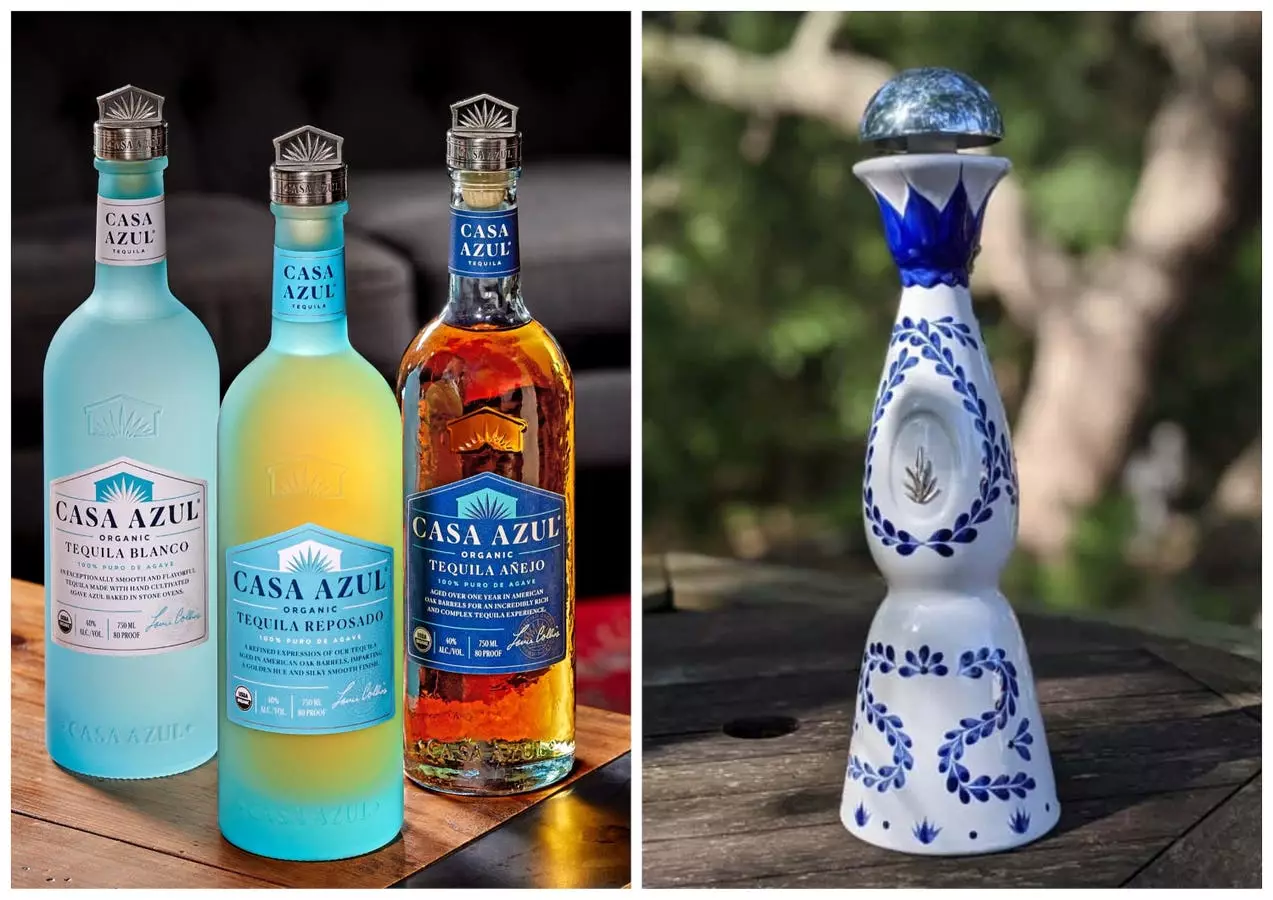U.S. District Judge Lee Rosenthal recently made a ruling in the case between Casa Azul and Clase Azul over trademark infringement. The court decision allowed both companies to continue marketing their tequila products due to the clear differences in their trade dresses, names, and branding.
History of Casa Azul
Casa Azul, founded by beverage entrepreneur Lance Collins, is known for its ultra-premium tequila made from certified organic blue weber agave. Collins, who previously experienced successful exits with BodyArmor and Core Hydration, shared that the Casa Azul brand has been a part of his family for decades.
Reaction from Collins
In response to the court’s decision, Collins expressed gratitude and emphasized the uniqueness of the Casa Azul brand. He reiterated the brand’s commitment to delivering high-quality USDA Certified Organic tequila products and serving customers with excellence.
Since its launch, Casa Azul has enlisted the support of various celebrities and athletes as investing and marketing partners. Notable figures such as Eiza González, Travis Kelce, and Michelle Wie have joined forces with the brand to promote its products.
David Bernstein, counsel to Casa Azul, described the court ruling as a decisive legal victory following a challenging trial. He highlighted the distinct differences between Casa Azul and Clase Azul, including their product offerings, marketing strategies, and brand names.
Despite some initial concerns raised by Clase Azul regarding potential confusion between the two brands, the court ultimately determined that Casa Azul’s name and trade dress were sufficiently different to avoid any likelihood of consumer confusion. Bernstein pointed out that Clase Azul’s own branding strategy, focused on unique bottles rather than its name, contributed to any existing misconceptions.
The legal battle between Casa Azul and Clase Azul serves as a reminder of the importance of maintaining distinct branding and trademarks in the competitive beverage industry. The court’s ruling reaffirms the significance of protecting intellectual property rights and upholding the integrity of brand identities. As both companies continue to navigate the market, their unique offerings and marketing approaches will play a crucial role in distinguishing themselves and appealing to consumers.

